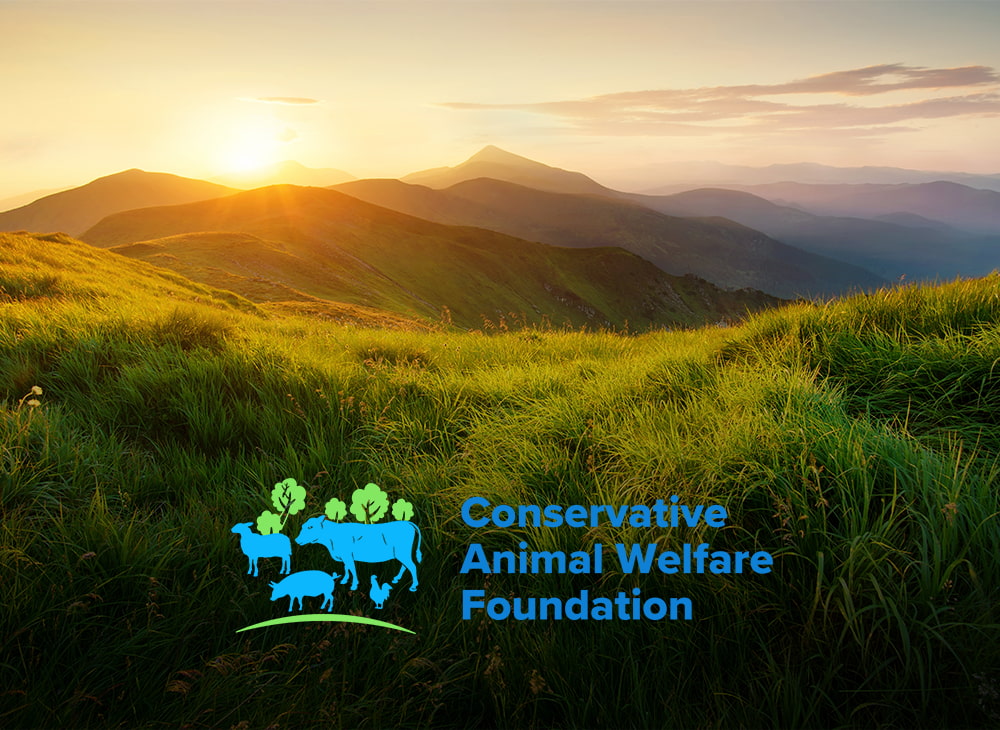Last night, MPs were asked to vote on several amendments to the Agriculture Bill and the main focus related to future trade deals.
The Lords Amendment No.16 sought to ensure that the UK’s animal welfare, environmental and food safety standards would have to be met by any imported products entering the country. This is important as future Governments may not adhere to the same animal welfare and food standards and this amendment would have ensured a legal commitment.
The amendment did not pass even though some Conservative MPs including Conservative Animal Welfare Foundation Patrons Sir Roger Gale, Theresa Villiers, Henry Smith, Tracey Crouch and more Conservative MPs voted in favour. It was supported by the Chairman of the Agricultural Select Committee, Neil Parish MP. It was a highly important addition designed to uphold and protect our animal welfare and environmental standards as we head into trade deals.
We support our Government’s pledged commitment to ensure the UK’s animal welfare and environmental standards are not undermined by lower welfare imports produced in ways which would be illegal in the UK when negotiating new trade agreements with countries around the world.
As the Government discusses key trade negotiations, it is paramount that we do not compromise our existing standards. Our manifesto commitment states that, “in all of our trade negotiations, we will not compromise on our high environmental protection, animal welfare and food standards”
Conservative Animal Welfare Foundation Patron, The Rt Hon Sir Roger Gale MP said:
“We shall continue to do our utmost to ensure that the Conservative Manifesto pledge in relation to animal welfare and imported animal-generated food products is honoured. I hope that the House of Lords will now reconsider this matter and pursue it vigorously. We have to come up with a form of words that is acceptable to the Government while at the same time delivering on our promise”
Our Co-founder Lorraine Platt added:
“We must protect UK farmers from lower welfare imports such as pork from pigs reared in sow stalls and eggs from hens kept in barren battery cages abroad which are banned here and severely compromise animal welfare.
We must not allow lower welfare imports to undercut higher welfare British farm standards and risk a race to the bottom for animal welfare. The market should not be distorted against farmers working to higher health, environmental and animal welfare standards and unable to compete on an uneven playing field. Our environmental and animal welfare standards should also apply to imported products and meet our own ethical standards. Lower welfare imports are the products of intensive industrial livestock systems, which rely on inefficient and petrochemical- dependent land use and drive poor biodiversity and soil quality outcomes”.
The UK has left the EU and has a key opportunity to take back control of agricultural land use and food policy, and to create a new model of farming excellence. We can lead our ambition to set the global standard for high quality sustainable food production but this leadership will be seriously compromised if we allow lower welfare produced imports from systems which are currently illegal in the UK on animal welfare grounds.
Animal welfare is greatly valued by British citizens and consumers who frequently look to Government to take the lead in both maintaining and improving standards.

